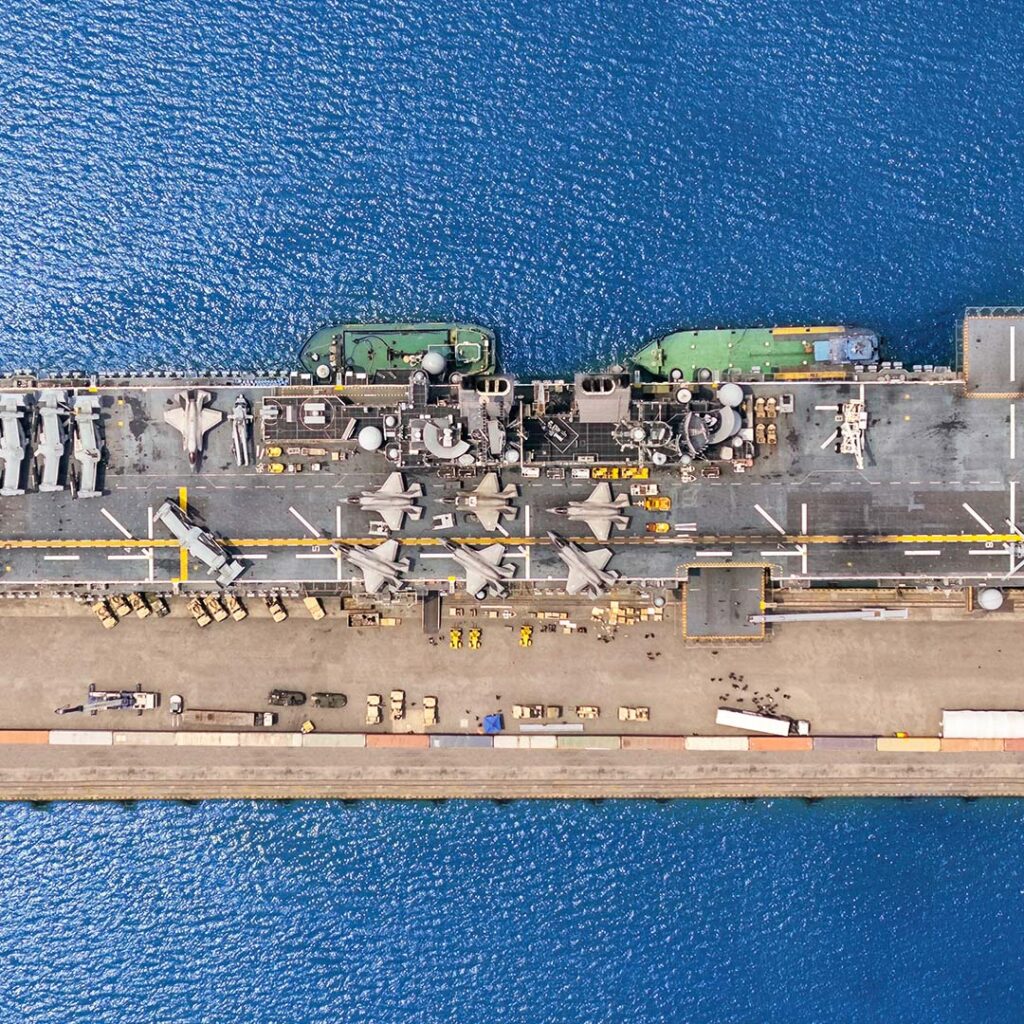Systems Engineering
Our dedicated systems engineering team provides knowledge, skills and experience. Our knowledge, skills and experience provide leadership and resource support – enabling our customers to make more timely and informed decisions.
Our systems engineering services cover the whole lifecycle including requirements gathering, analysis and definition, architecture generation and selection, emerging technology consideration and, testing and evaluation. Our services are delivered in accordance with Industry and Government best practice, including: ISO15288, ITIL, Six Sigma, TOGAF, Government Digital Service Standard.

Services
- Leadership: Provision of engineering leadership to integrate, manage and deliver activities and products using assigned resources.
- Governance: Engineering Governance through the Concept, Assessment, Demonstration, Manufacture, In-Service and Disposal (CADMID) cycle and Vee model using Guidance for Engineering Activity and Review (GEAR).
- Planning: Generation and review of Engineering Management plans.
- Quality/Progress reviews: Implementation of reviews across the system/service lifecycle to assess progress and the quality of output.
- Requirements definition: SMART requirements definition, maintenance and management across the system/service lifecycle.
- Requirements gathering: full stakeholder engagement and a combination of use-case/business process analysis, literature review, workshops, one-to-one interviews.
- Requirements justification: Requirements fully justified and traceable, enabling rapid requirement trade impact assessment.
- Requirements documentation: Requirements recorded using appropriate tools such as DOORS and Dimensions RM.
- Architecture design: Generation, analysis and support of business, functional and physical architecture options and subsequent selection process.
- State description: Describing target (‘to-be’) states and associated transition states (from ‘as-is’).
- Comprehensive architecture definition: Architectures that encompass people, processes, information and technology, and their relationships to one another and the external environment.
- Technology futures: Planning, including Technology Readiness Level (TRL) and System Readiness Level (SRL) assessment, forecasting and road mapping.
- Concept demonstrators: Planning and delivery of Concept Demonstrators to evaluate potential uses and implications of new technology in support of current and emerging operational concepts.
- Technology demonstrators: Planning and delivery of Technology Demonstrators to evaluate and accelerate the maturity of new technology.
- Baseline Scrutiny and Audit.
- Trials Planning Scrutiny and Witnessing.
- Verification Report Acceptance, Assurance and Delivery.
Why TP Group?
- More than 30 years' experience in the Defence sector
- Dedicated systems engineering team with more than 25 members fully conversant with MoD concepts and processes
- Robust, holistic and independent evidence and advice to support business decisions
- Straightforward to engage through Skynet frameworks
Our work in Systems Engineering
SSNR is a multi-decade programme, with significant interdependencies to other programmes which have their own requirements and dependencies, some of which were not going to be mature for some years. Read more
TP group began work on the Skynet programme in 2018 to provide decision support and act as Customer Friend on the multi-billion pound Category A Skynet 6A and Skynet Enduring Capability projects, the largest equipment procurement currently being undertaken by the MOD. Read more.
As part of the EDP framework (QinetiQ), a sensor mix capability study for the customer (MOD – JSENs) was required. TP Group conducted the study, aimed to evaluate GBAD requirements and recommend a mix of sensor technologies for effective delivery.
